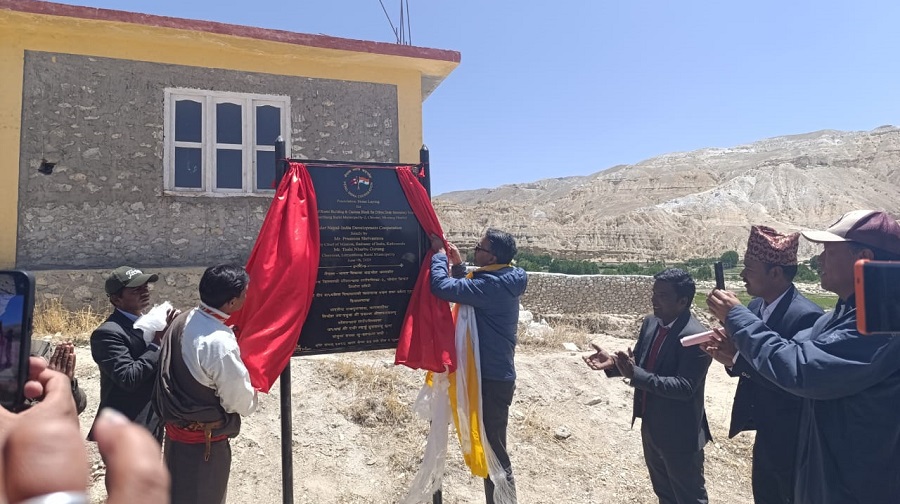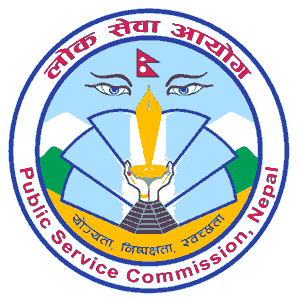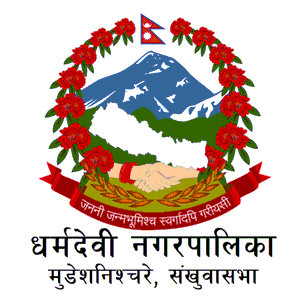Overview
Dibya Deep Secondary School (दिव्य दिप माध्यमिक विद्यालय, मुस्ताङ) is a public academic institution located in Chhoser, Lomanthang Rural Municipality, Mustang. Since its founding in 1970 AD (2027 BS), the school has provided consistent educational support in Upper Mustang, a remote area of northern Nepal.
It is officially affiliated with the National Examinations Board (NEB) and recognized by the Ministry of Education.
This school is the only secondary-level institution in the region, offering classes from Early Childhood Development (ECD) to Grade 10.
It plays a crucial role in enabling children from Mustang and other districts to continue their learning, even under challenging weather and geographic conditions.
Quick Highlights
-
Location: Chhoser, Lomanthang Rural Municipality, Mustang
-
Established: 1970 AD (2027 BS)
-
Affiliation: National Examinations Board (NEB)
-
Classes: ECD to Grade 10
-
Category: Community-based school
-
Hostel: Available through the scholarship program
-
Fee Structure: Affordable and inclusive
-
Key Services: Library, Hostel, Science Lab, Computer Lab, Music, Sports, Cafeteria
-
Medium: Primarily Nepali

Academic Programs Offered
The school follows the national curriculum from ECD through to the Secondary Education Examination (SEE):
-
ECD: Focused on foundational learning, play-based activities, and early literacy
-
Grades 1–5: Core subjects such as Nepali, English, Mathematics, and Science
-
Grades 6–8: Broader subject coverage including Social Studies, Health, and Environmental Science
-
Grades 9–10: Secondary-level education with preparation for the SEE exam
Admission Process
Admissions are open to children from Mustang and across Nepal. Students from underprivileged backgrounds, including orphans and students from remote districts, are given special consideration.
Required documents include:
-
Birth certificate or citizenship copy
-
Previous academic records (if applicable)
-
Supporting documents for scholarship applicants
Admission is processed by the school’s administrative team and reviewed by the scholarship selection committee.
Teaching Faculty and Learning Methodology
The teaching staff comprises trained and experienced educators who are well-versed in the local context and the specific needs of the students. Teachers focus on creating a classroom that is both engaging and adaptable, catering to students with diverse learning styles.
Teaching practices include:
-
Group discussions and visual aids
-
Local language support where needed
-
Seasonal relocation to Pokhara for winter studies
-
Periodic student assessments
Infrastructure and Learning Facilities

Though located in a high-altitude area, Dibya Deep has developed its infrastructure through gradual improvements and community support.
-
Classrooms are designed to withstand harsh weather conditions.
-
Basic science and computer labs
-
A small library with valuable learning resources
-
Safe hostel accommodation for boarders
-
Cafeteria for meals and snacks
-
Clean drinking water and sanitation facilities
Student Life and Campus Experience
The school environment is friendly and respectful. Class sizes are small enough for teachers to provide individual guidance. Students from different districts live and study together, building strong friendships.
During the harsh winter months, the school relocates its residential classes to Bijaypur, Pokhara. This mobile classroom approach helps ensure learning continues smoothly even when Mustang becomes too cold.
Extracurricular Activities (ECA)
Alongside academics, the school promotes well-rounded development through various activities:
-
Annual sports day
-
Traditional music and cultural events
-
Art, dance, and drama activities
-
School outings and educational trips
-
Group work on health and environmental topics
Scholarships and Financial Support
The Himalayan Residential Scholarship Programme is central to the school’s efforts to support children who would otherwise have limited access to education. Currently, 26 students from seven districts receive support under this program.
Covered support includes:
-
Boarding and meals
-
School uniforms and books
-
NPR 5,000 annual allowance per student
The school also works with local supporters and organizations to provide additional help where needed.
Achievements and Institutional Milestones
-
Serving as the secondary school in Upper Mustang
-
Keeping classes open year-round through the winter shift system
-
Increasing SEE pass rates over the years
-
Welcoming more students from outside the Mustang district
-
Expanding infrastructure with land donated by local community members
Why Choose Dibya Deep Secondary School?
-
The only school in the area providing education up to Grade 10
-
Welcomes students from across Nepal
-
Boarding option for children from underprivileged backgrounds
-
Strong connection with the local community
-
Continues teaching during winter through relocation
-
Friendly, caring, and safe learning environment
Conclusion
Dibya Deep Secondary School stands as a place of learning and care in one of Nepal’s most remote areas. Through simple yet effective systems, committed teachers, and support from the wider community, it makes a difference in the lives of children who may otherwise lack access to education.
Contact Address:
Location: Lomanthang Rural Municipality - 2, Chhoser, Mustang, Nepal
Telephone: +977-9847474128
Email: dibyadeep2078@gmail.com




